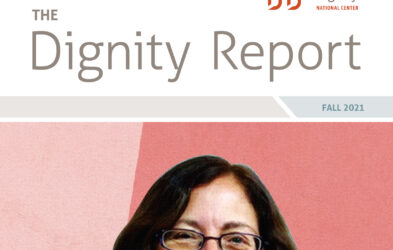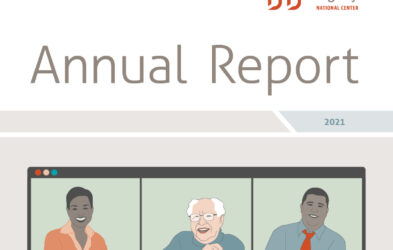Two weeks ago we asked our supporters on Facebook a seemingly simple question:
What does Death with Dignity mean to you?
We received dozens of heartfelt responses. Though the definitions varied, all pointed to one key component: personal choice.
“To me it means to not have to suffer or to watch the people you love suffer as they watch you. It means peace and freedom to make a choice. To be able to die with grace and peace.”
—Liz Ratcliffe
“The ability to determine when and at what time I can end my life, comfortably and with dignity on my terms, without pain.”
—Rita Webb
“Not suffering, leaving this world with dignity and grace. Having my family with me and being able to say goodbye.”
—Eileen Hathaway
“[T]he last right I have to choose how I want to die. My last decision I can have for my own welfare.”
—Janet Dombrowski-Lux
“When death cannot be avoided, we have the right to choose the best pathway towards death.”
—James Park
“[To] die without suffering and not have my family suffer as well.”
—Joni Hazle Ray
“It’s a Gift of Love.”
—Lisa A. Zook
“Death with Dignity means being able to take that final choice out of the hands of the doctors and putting it squarely in my hands. There is something extremely comforting in knowing that I am in control of my future and my end of life decision.”
—Willie Williamson
“It matters to be able to exercise any/all of your options yourself when you reach a particular stage.”
—Rajiv Kapoor
“That I chose how and when I die. No one except me determines whether I’m suffering.”
—Tami Mc
“Being able to make decisions my healthcare proxy, my doctor, and I have talked about without someone interfering. It gives me a choice which I have already made. It’s a peaceful feeling, knowing the decision is yours and you are not burdening someone else with it.”
—Judi Gross
“Peace. A say in my end of life. Only I will know when it is time. To die with my dignity.”
—Barb Haverty
“An end to suffering for both the terminally ill and the caregiver.”
—Jac David
“To me it means that I and my loved ones don’t have to suffer unnecessarily.”
—Lucila Cardona Ramos
“It means I chose to not suffer in pain if my body is wrecked with a non-curable disease. It means I chose if I want to not do chemo. It means I chose quality of life over quantity.”
—Cindi Lee Webster-Kratzer
“Giving patients the control in their healthcare decisions.”
—Nancy DiLeva Niedzielski
“Self-love; I choose not to suffer needlessly.”
—Juli Star-Alexander
“That you have choices if you are terminally ill.”
—Anna B Morgan
“To die at home with loved ones. It’s about the quality of life, not the quantity of life. And we as intelligent beings should be able to make those choices ourselves, not some stranger who knows nothing about us.”
—Jeanette Higgins
“Freedom of choice.”
—Joseph Dunsel
What Do You Think?


No comments.